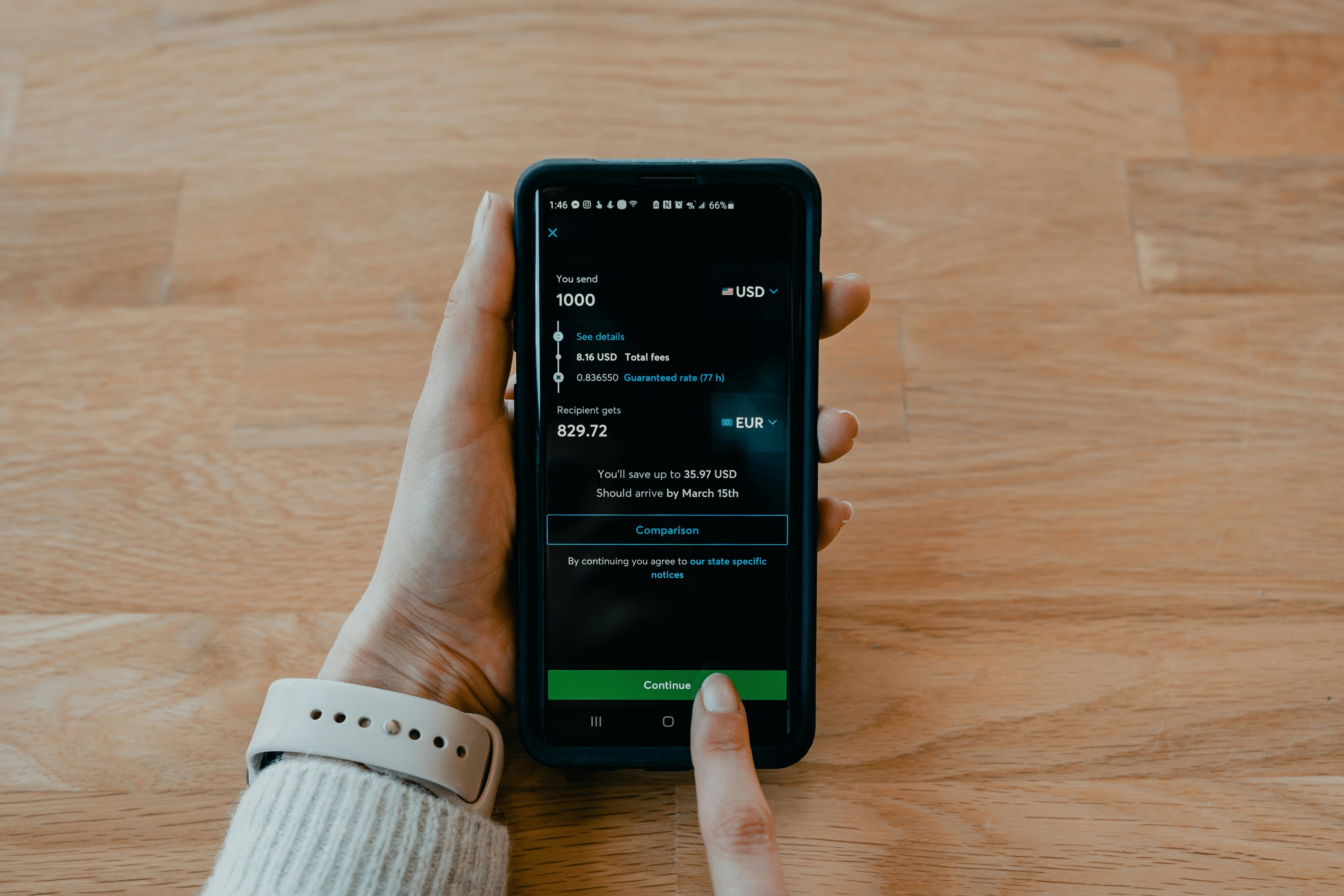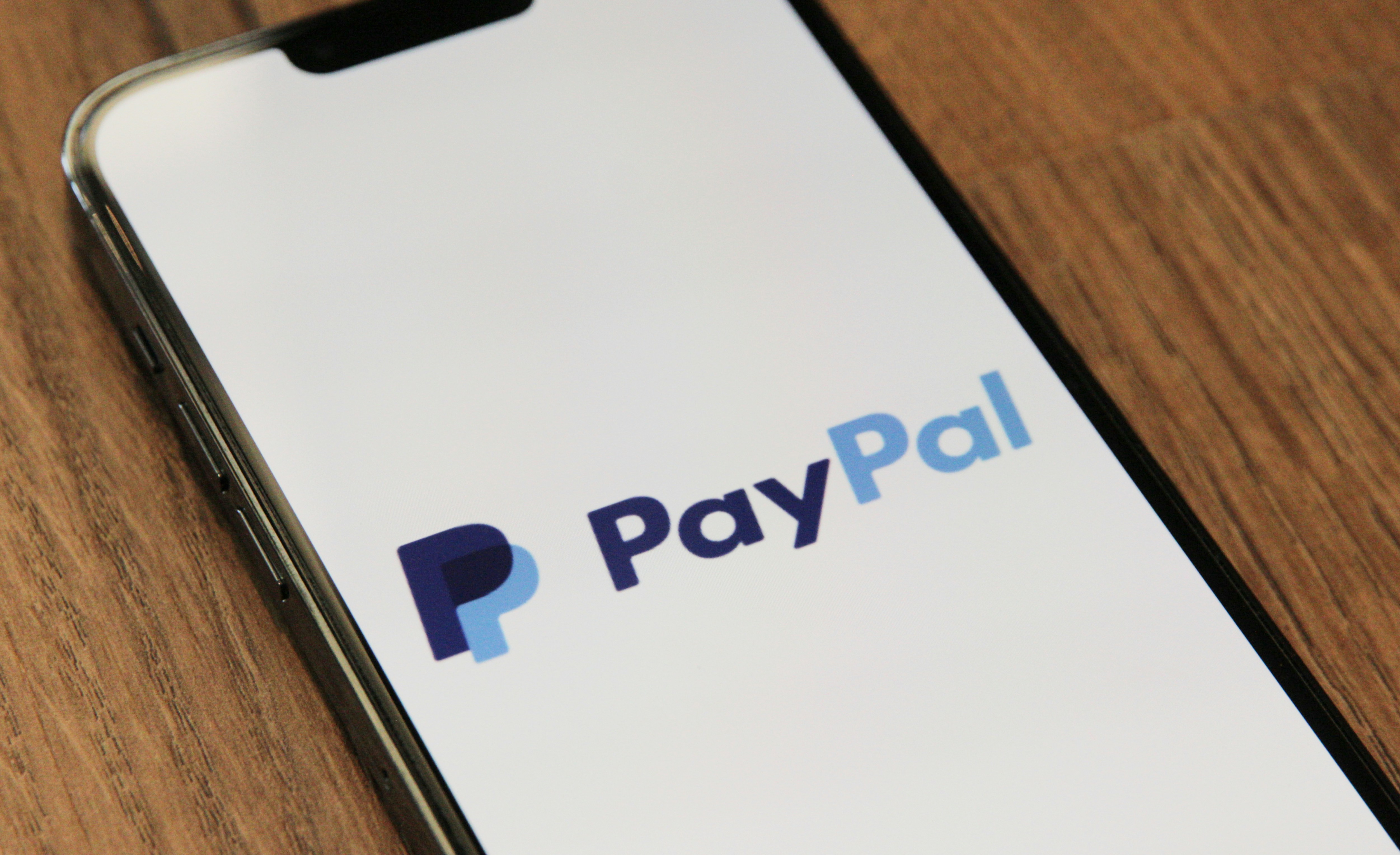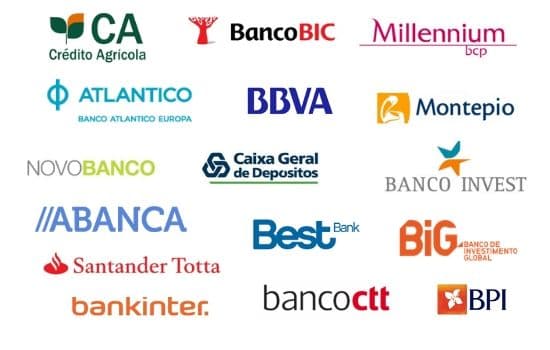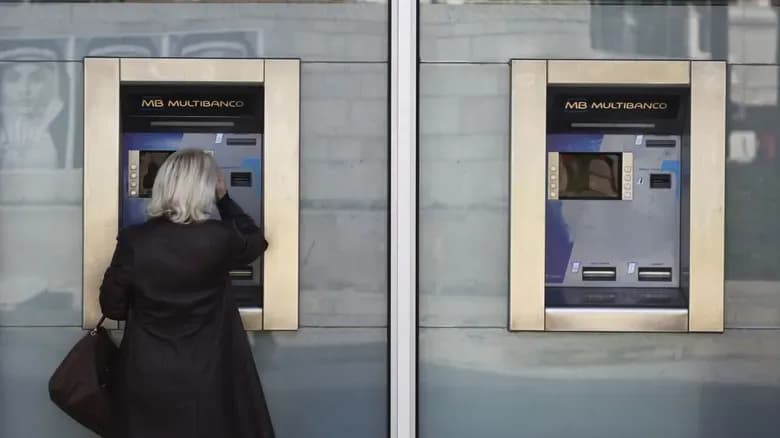
Money Transfers France ↔ Portugal: Best Solutions
Between bank fees, speed, and security, here’s a look at the most effective options for sending or receiving money between the two countries.
More and more French citizens are living, working, or investing in Portugal.
Whether expats, students, retirees, or entrepreneurs, money transfers between France and Portugal have become a daily reality.
But with hidden fees, varying transfer times, and sometimes unfavorable exchange rates, choosing the right transfer method is essential.
Fortunately, things have evolved: today, sending money from one country to another has never been simpler, faster, or more affordable.
Traditional Bank Transfers: Safe but Sometimes Costly
The most traditional method remains the international bank transfer between French and Portuguese accounts.
Since both countries are part of the eurozone, SEPA transfers (Single Euro Payments Area) are treated as standard European transactions.
This means that such transfers usually incur no extra fees and are processed within 1 to 2 business days, provided both banks belong to the SEPA network.
Major institutions like Caixa Geral de Depósitos, Millennium BCP, Novo Banco, BNP Paribas, Société Générale, or Crédit Agricole follow these standards.
However, some banks still charge exchange or service fees, especially when the transfer involves an account not denominated in euros.
It’s always important to check your bank’s exact conditions before setting up regular transfers.
Neobanks and Online Banks: Flexibility First
Digital banks such as Revolut, N26, Wise, or Monese have completely changed the way people send money abroad.
They allow instant or same-day transfers, often with zero commission.
For example, Revolut and N26 offer free transfers between users of the same platform, using highly competitive interbank exchange rates.
Meanwhile, Wise remains the benchmark for multi-currency international transfers, offering complete transparency on fees and rates.
These services are perfect for expats, students, or cross-border workers who make frequent transfers or want to manage their finances seamlessly between both countries.
They also allow users to hold multiple currencies in a single account — a practical feature for traveling or investing outside the eurozone.
Specialized Platforms: Speed and Low Cost
Beyond neobanks, several companies specialize in low-cost international money transfers.
Among them, Remitly, CurrencyFair, PaySend, and WorldRemit stand out for their speed and minimal fees.
These services operate entirely online: users simply create an account, enter the transfer amount, and choose how the recipient will receive the funds (bank transfer or card).
Transactions are typically completed within 24 hours, using real exchange rates and small fixed fees.
These platforms are especially popular among families sending regular remittances or entrepreneurs paying service providers across borders.
PayPal and Other Online Payment Options
PayPal remains a well-known and practical solution for sending money between individuals.
It is fast and secure, though its transaction fees can be relatively high, especially for international transfers.
It’s best suited for occasional payments, online purchases, or reimbursements between friends, but less ideal for regular or large transfers.
Other platforms like Skrill or Revolut Pay offer more cost-effective alternatives for similar uses.

Transfers from France to Portugal
Sending money from France to Portugal is now extremely simple.
Thanks to the SEPA network, bank transfers are free or very low-cost, requiring only a valid Portuguese IBAN.
Most French banks allow you to add a Portuguese beneficiary directly from their mobile app.
For French expats living in Portugal, it’s often wise to open a local bank account to receive payments faster and avoid currency conversion issues.
Some Portuguese banks even offer multilingual customer service, making banking much easier for newcomers.
Transfers in the Other Direction: Portugal to France
For Portuguese residents or businesses sending money to France, the same rules apply.
SEPA transfers are free in most cases, and neobanks allow instant fund transfers.
For professionals, Wise Business or Revolut Business are particularly effective options, offering invoicing in euros, multi-currency management, and batch transfers to French partners or suppliers.
The goal is simple: save time while keeping costs under control.
Tips for Choosing the Best Option
Before selecting a transfer method, consider three key factors:
- Frequency of transfers: occasional or regular.
- Amount to send: small sum, salary, or investment.
- Desired speed: instant or within 48 hours.
For small amounts, neobanks are ideal.
For regular or professional transfers, specialized platforms like Wise offer the best rates.
And for larger sums, a SEPA bank transfer remains the safest method.
Conclusion
Thanks to European integration and the rise of fintech, transferring money between France and Portugal has never been easier.
With secure banking, digital speed, and transparent pricing, everyone can now find a solution suited to their lifestyle.
Financial borders are gradually disappearing, giving way to a smooth, connected economic space — just like the ever-closer ties between the two countries.
Share this article
Suggested articles

Payment Methods in Portugal Cards, MB Way, and Cash
Portugal attracts millions of visitors every year, as well as a growing population of expatriates from Europe, Africa, and the Americas. For newcomers, understanding how payment methods work in the country is essential for managing a budget, making everyday purchases, and avoiding unpleasant surprises.

Mortgage Loans in Portugal : Conditions and Rates
Portugal attracts numerous people every year (expatriates, investors, and future homeowners) drawn by its climate, quality of life, and property prices that are still relatively affordable compared to other European countries.

Opening a bank account in Portugal : how to do it
You’ve decided to settle under the Portuguese sun, coffee in hand and maybe a pastel de nata for dessert ? Excellent choice. But before you fully relax, there’s one essential step : opening a local bank account. Because yes, even in Portugal, things “run smoother” when you’ve got a Portuguese IBAN. Here’s how to do it, without losing your mind, promise !

Online Banks and Neobanks Operating in Portugal
Portugal, known for its hospitality and relaxed lifestyle, is also a country looking toward the future. In the financial sector, it is establishing itself as a European laboratory for digital banking services. With a young, connected, and tech-savvy population, online banks and neobanks have found an enthusiastic audience here.

Real Estate as an Investment in Portugal, Pitfalls and Opportunities
Investing in real estate in Portugal is a dream for many foreigners ! With sunshine throughout the year, a pleasant climate, and a high quality of life, everything seems to be in place for buying a house or an apartment in this small European country. However, behind this attractive image lies an essential reality : the Portuguese real estate market is not fully regulated. This creates both opportunities and potential pitfalls for investors. Understanding how the market functions and where the risks lie is key to making a successful investment.

Withdrawing Cash in Portugal Fees, Pitfalls and Tips to Avoid Surprises
When travelling to or living in Portugal, withdrawing cash may seem straightforward : you find an ATM, insert your card, and take your money. However, behind this simplicity, there can be hidden fees, poor practices, and choices of card or ATM that can significantly increase costs. This guide will help you understand how to withdraw money safely, minimise fees, and avoid unpleasant surprises.


